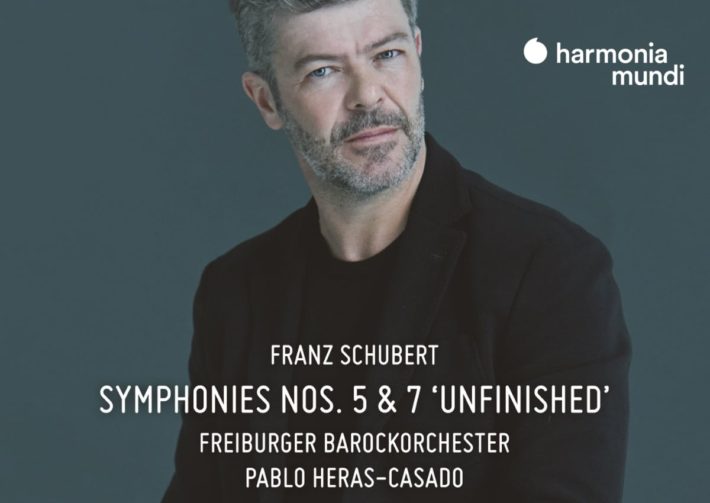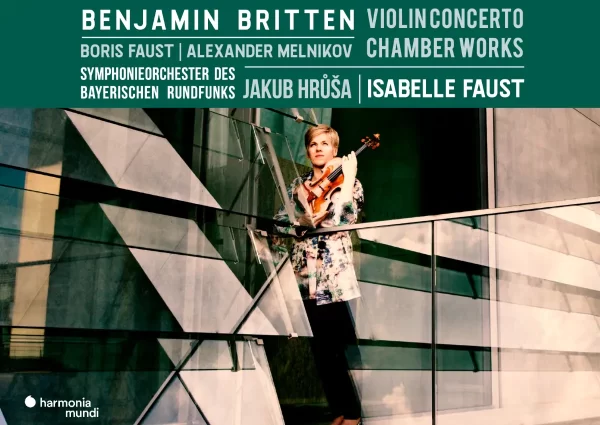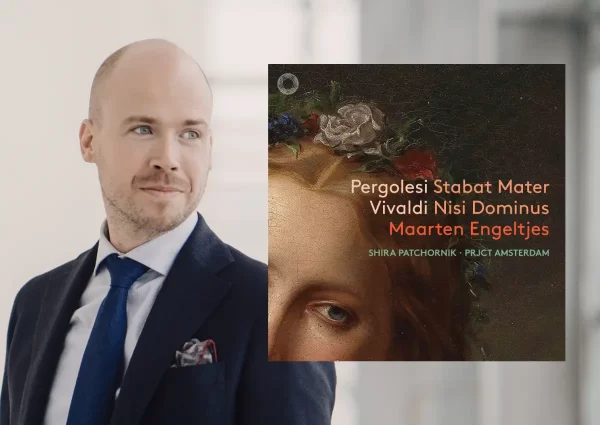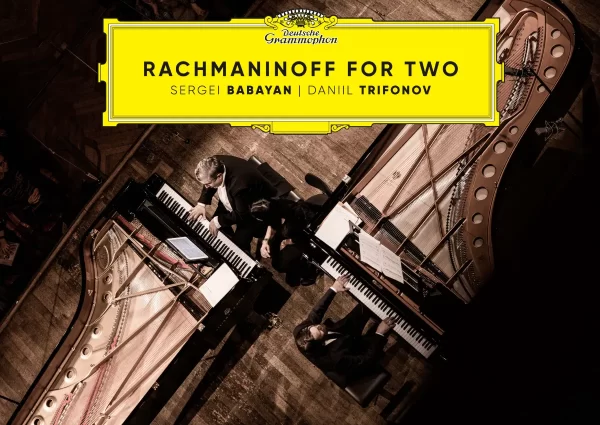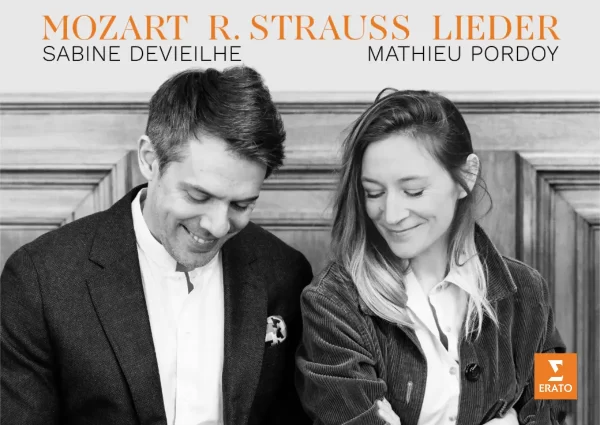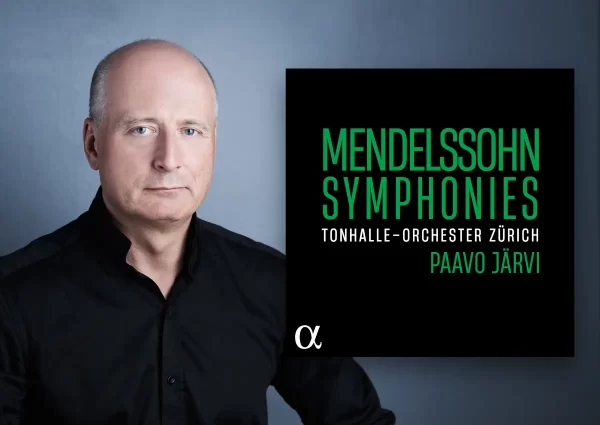This is the second Schubert release by these forces. The first album, released a few years back, includes performances of the third and fourth symphonies that received generally favorable reviews. Many critics noted the quick tempos and rhythmic verve, and the same is true of this new album.
The Freiburger Barockorchester is an excellent period instrument ensemble. The sound is transparent and lean, winds and strings equally balanced, timpani played with hard sticks. While this surely reflects Heras-Casado interpretative ideas, it is also the sound and balance cultivated by the players themselves. More than most period bands, they often perform and record without a conductor (as seen in their recent Beethoven releases, for instance), and the unanimity of their playing, their careful elucidation of orchestral texture, as well as the tangible joy so often evident in their playing, are signs of their chamber-music approach to music making.
On initial hearing, the ‘Allegro’ opening of the fifth symphony seemed simply too fast and breathless, its 6’47” significantly faster than my two favorite period performances by Manacorda (leading the Kammerakademie Potsdam/Sony, 7’21”) and Brüggen (leading the Orchestra of the 18th Century/Philips, 7’13”). But on repeated listening the sheer joy de vivre of the music making won me over. This is athletic and agile playing that nevertheless has a balletic grace. However, the subtler shaping of phrases heard in Brüggen’s reading, or Jacobs more recent one with B’Rock (reviewed here), does allow Schubert’s melodies greater lyricism.
Related Posts
- Review: Schumann – Complete Symphonies – Pablo Heras-Casado, Münchner Philharmoniker
- Double Review: Quatuor Arod and the Signum Quartett Play Schubert
- Review: Schubert Revisited – Matthias Goerne, Baritone
Heras-Casado relaxes in the second movement, giving his players opportunity for a more songful approach. Phrasing is rather plain-spoken, with minimal use of rubato, but the elegance of the playing draws us in, as does its intimate interplay. The “Menuetto” is again faster than normal, closer to a Beethoven Scherzo. The Trio is lovely, its slower tempo enabling the woodwinds to highlight the music’s folksy qualities. The final ‘Allegro Vivace’ is shot of adrenaline, the Freiburger’s articulating everything clearly at an exhilarating speed. Again, there is a clear sense of joy to the music making – if we could see the players they would surely be smiling at one another.
To his credit, Heras-Casado brings a different, more romantic conception to the ‘Unfinished.’ His tempo for the first movement is only 20 or so seconds faster than Blomstedt’s recent Gewandhaus reading (reviewed here). By embracing greater flexibility in his phrasing, both he and his players capture the myriad of emotions of this music. The opening has plenty of brooding atmosphere, and there is an expert building up of tension into the great central climax (sample from 6’50”). I wanted more snarl from his period trombones (beginning 8’19”), though the scurrying strings have plenty of ferocity.
The second movement is similarly successful: the opening minutes have an unexpected buoyancy, the sound of the horns at 2’00” is ravishing, answered by intensely hushed strings that then cradle the fragile wind solos. Heras-Casado and his players realize the many conflicting moods of this movement, though the orchestral sound needs more heft and a stronger profile from the lower instruments. Brüggen is perhaps the only conductor I know who manages to get those darkly rich colors from his period band.
Liner notes are brief but informative. 52 minutes is too short for a new full-priced recording. The notes mention the two overture ‘in the Italian style,’ and there is plenty of room left on the disc. Nevertheless, these are vibrant, beautifully played readings that reward repeated listening.

Schubert – Symphonies Nos. 5 & 7 ‘Unfinished’
Freiburger Barockorchester
Pablo Heras-Casado – Conductor
Harmonia Mundi, CD HMM902694
Recommended Comparisons
Manacorda | Brüggen | Karajan | Celibidache
Read more classical music reviews or visit The Classic Review Amazon store
Follow Us and Comment:
Get our periodic classical music newsletter with our recent reviews, news and beginners guides.
We respect your privacy.

